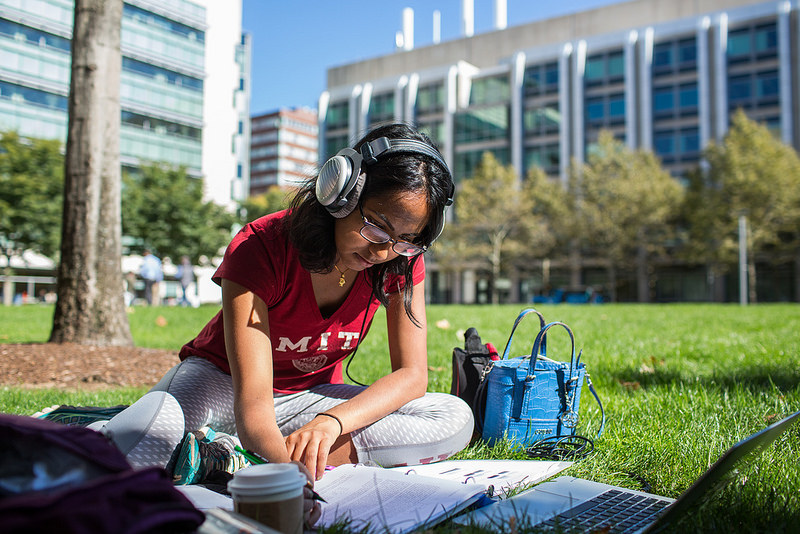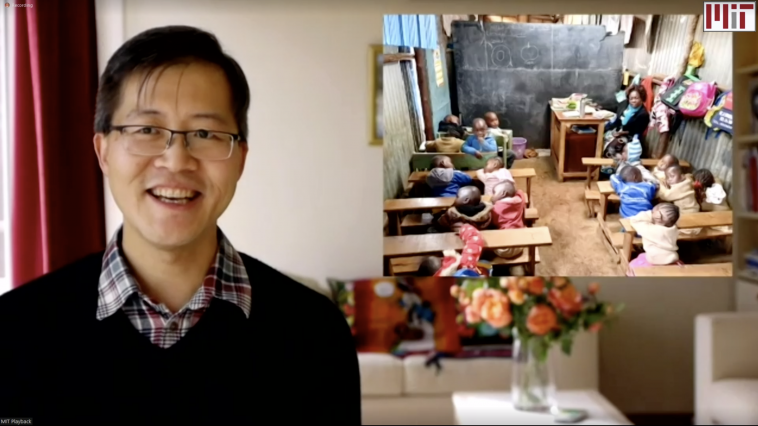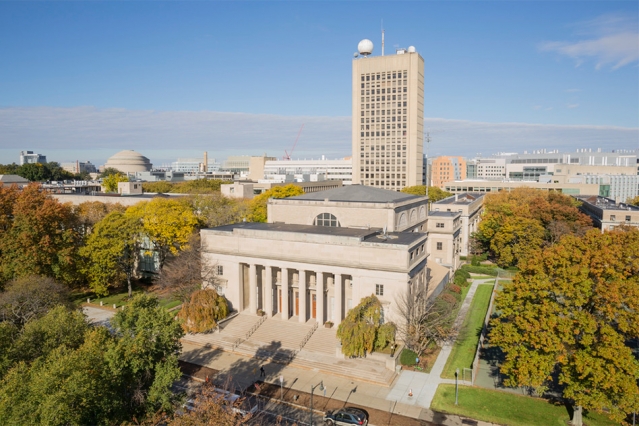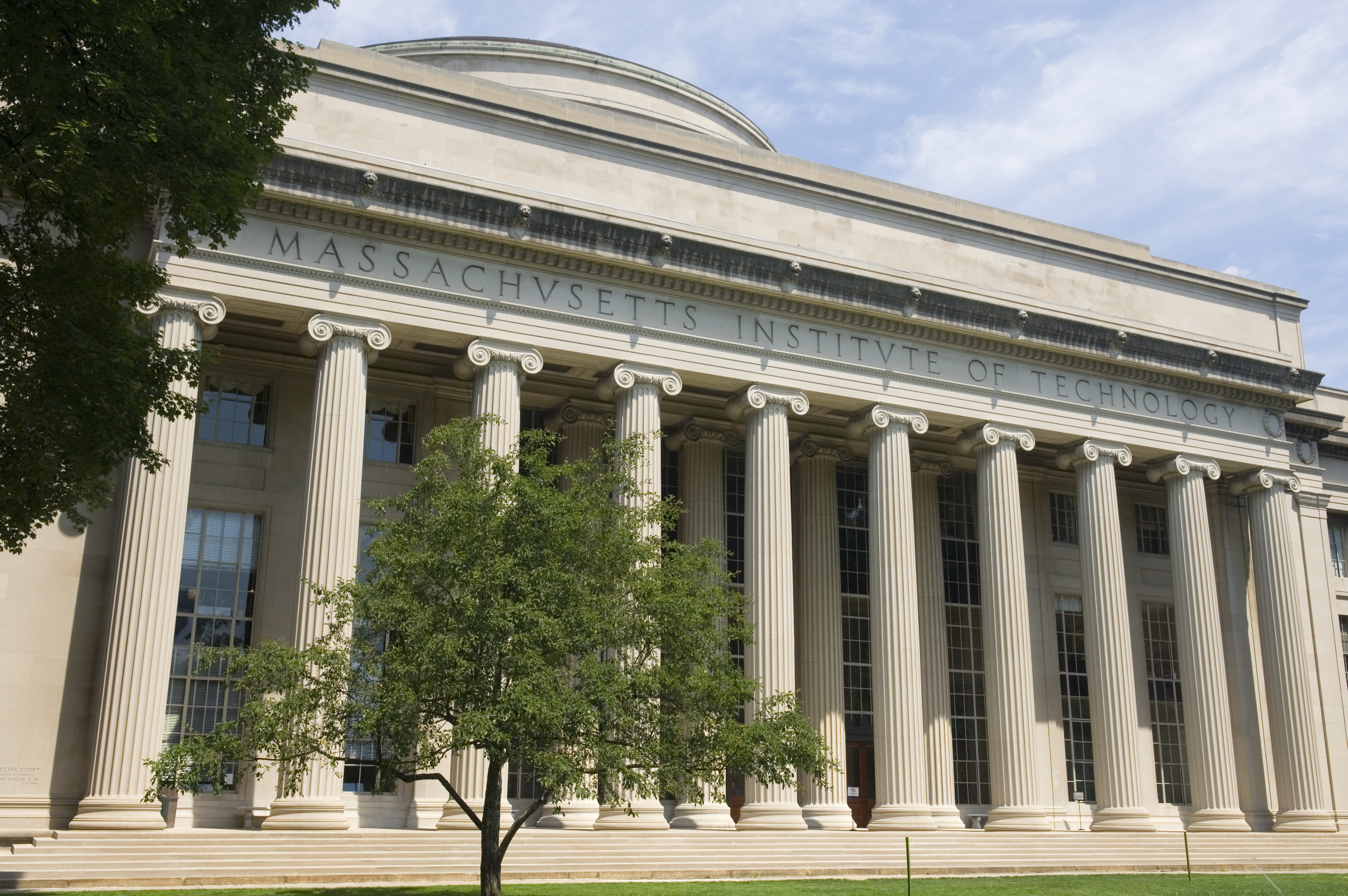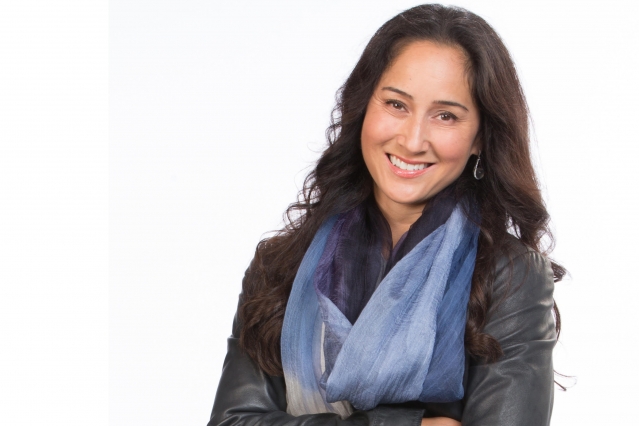In May Harvard and MIT facilitated four online design charrettes with a variety of school stakeholders—students, teachers, principals, district leaders, parents, consultants, state officials—to develop a design process for fall 2020 school planning.
News
“Learning online requires a lot of self-discipline and perseverance. You have really achieved something very difficult and quite remarkable, that shows both your talent and your commitment.” – MITili affiliate and recent Nobel Prize winner, Esther Duflo.
“Covid-19 has forced changes in how we all live, work, and learn — and there may be no full return to our old ‘normal,’” wrote Rick Danheiser, chair of the faculty and Arthur C. Cope Professor of Chemistry, and VP for Open Learning Sanjay Sarma.
“We are trying to form a basis that will allow students to tackle all kinds of problems in a structured and effective way,” Simona Socrate, senior lecturer.
“It’s been humbling to witness the role our courses have played in learners’ lives these past few months,” says Dana Doyle, director of the MITx Program.
“The documentary beautifully captures the humanity of the incarcerated students, and the wonderful human connections between MIT students and the incarcerated people — mostly around their age —who are working hard to turn their lives around."
More than 250 people from 25 countries participated in the MIT Arab SciTech Virtual IDEAthon, hosted by the MIT Arab Student Organization.
Congratulations to MIT Open Learning affiliate Cynthia Breazeal who helped develop aieducation.mit.edu, an online learning site for grades K-12, which shares a variety of online activities for students to learn about artificial intelligence.
“Everyone at MIT comes at it like, ‘I’m going to solve this,’” said Ian A. Waitz, vice chancellor for undergraduate and graduate education, who is helping to lead the planning. “And we honestly hoped to get some really good ideas out of it—and we got a couple.”
MIT professor Justin Reich and several colleagues just completed one of the largest-ever research studies exploring teaching techniques in online higher education, involving nearly 250,000 students from nearly every nation on the planet.
